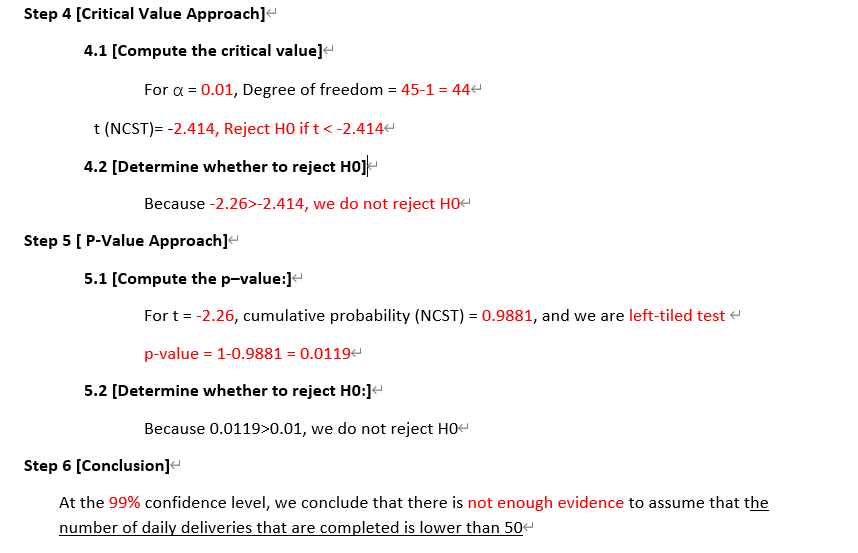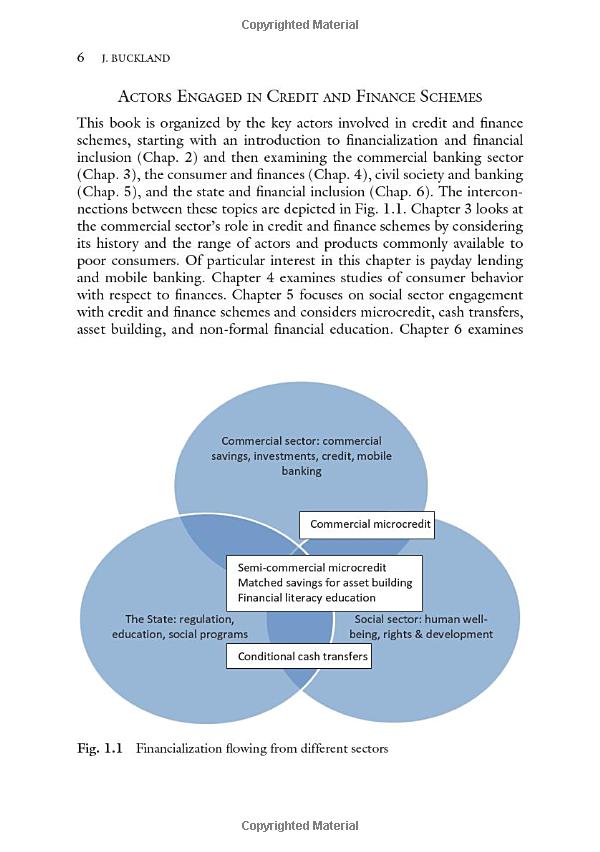Understanding 401(k) Loans: A Comprehensive Guide to Borrowing from Your Retirement Savings
#### What are 401(k) Loans?401(k) loans are a financial option that allows individuals to borrow money from their own retirement savings. This type of loan……
#### What are 401(k) Loans?
401(k) loans are a financial option that allows individuals to borrow money from their own retirement savings. This type of loan is typically available to employees who participate in a 401(k) retirement plan offered by their employer. The amount you can borrow is usually limited to a certain percentage of your vested balance, often up to $50,000 or 50% of your account balance, whichever is less.
#### How Do 401(k) Loans Work?
When you take out a 401(k) loan, you are essentially borrowing money from yourself. The loan must be paid back with interest, which is typically set at a rate slightly above the prime rate. The repayment period is usually up to five years, although it can be longer if the loan is used to purchase a primary residence. The repayments are made through payroll deductions, making it a convenient way to pay back the borrowed amount.
#### Pros and Cons of 401(k) Loans
Like any financial product, 401(k) loans come with their advantages and disadvantages.
**Pros:**

1. **Easy Access to Funds:** Borrowing from your 401(k) is often quicker and easier than applying for a traditional loan.
2. **Lower Interest Rates:** The interest rates on 401(k) loans are generally lower than those for personal loans or credit cards.
3. **No Credit Check:** Since you are borrowing from your own savings, there is no need for a credit check, making it accessible for those with less-than-perfect credit.
**Cons:**
1. **Impact on Retirement Savings:** Taking money out of your retirement account can hinder your long-term savings growth due to the lost investment potential.

2. **Repayment Risks:** If you leave your job or are terminated, the loan may need to be repaid in full, often within a short timeframe, or it will be treated as a distribution subject to taxes and penalties.
3. **Potential for Debt Cycle:** Borrowing from your retirement savings can lead to a cycle of debt if not managed properly, especially if you find yourself needing to borrow again in the future.
#### When to Consider a 401(k) Loan
A 401(k) loan can be a viable option in certain situations. For instance, if you are facing a financial emergency, such as medical expenses or home repairs, a 401(k) loan might provide the quick cash you need. Additionally, if you are looking to consolidate high-interest debt, borrowing from your 401(k) could potentially save you money on interest payments.
#### Alternatives to 401(k) Loans

Before deciding to take a 401(k) loan, it’s essential to consider other options. Personal loans, home equity lines of credit, or even credit card cash advances might provide the funds you need without impacting your retirement savings. Additionally, some employers may offer hardship withdrawals from 401(k) plans, which could be another avenue to explore if you are in a financial bind.
#### Conclusion
In conclusion, 401(k) loans can be a helpful financial tool in certain circumstances, but they come with risks that must be carefully considered. Understanding the implications of borrowing from your retirement savings is crucial for making informed financial decisions. Always weigh the pros and cons, and consider consulting with a financial advisor to ensure that you are making the best choice for your financial future.